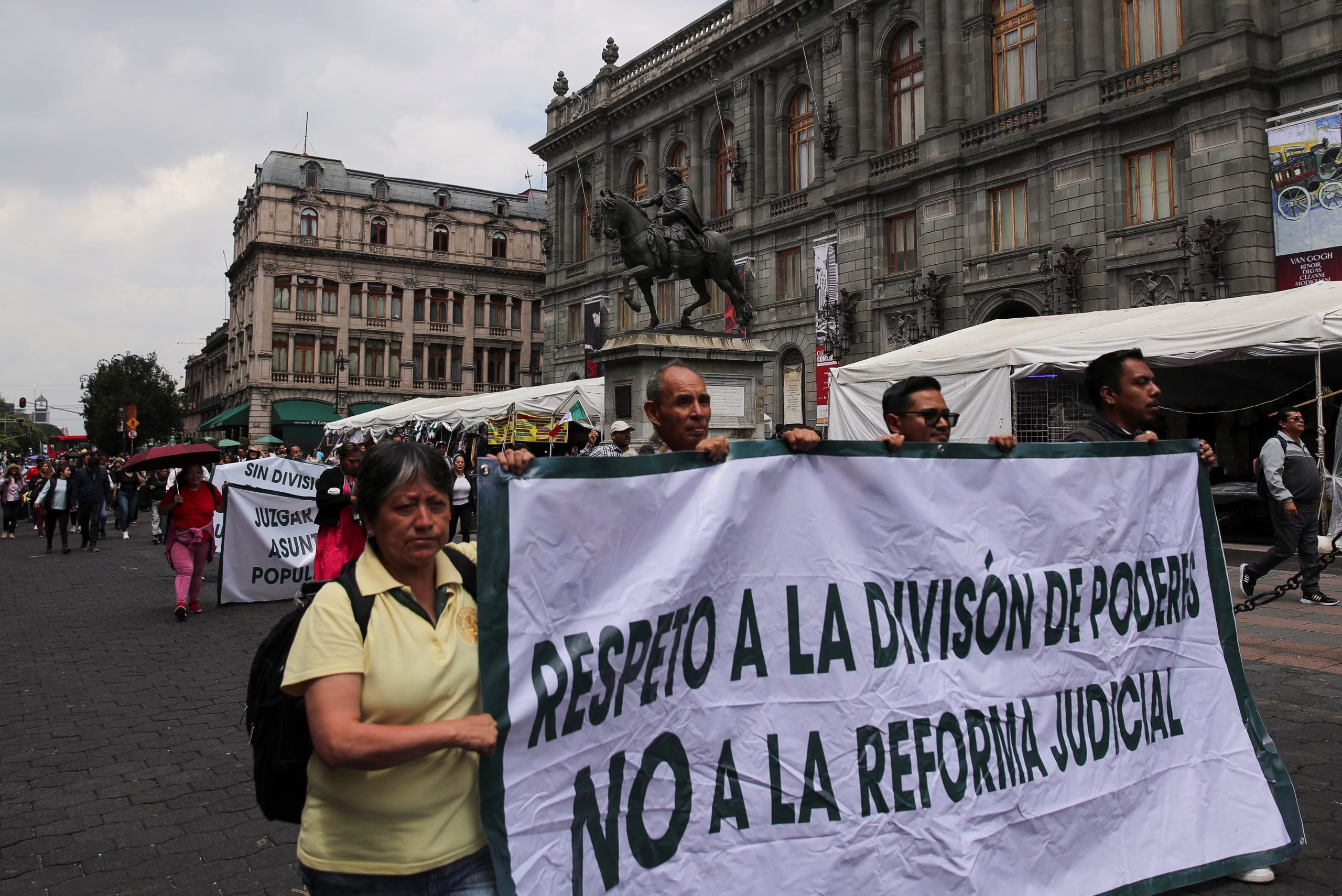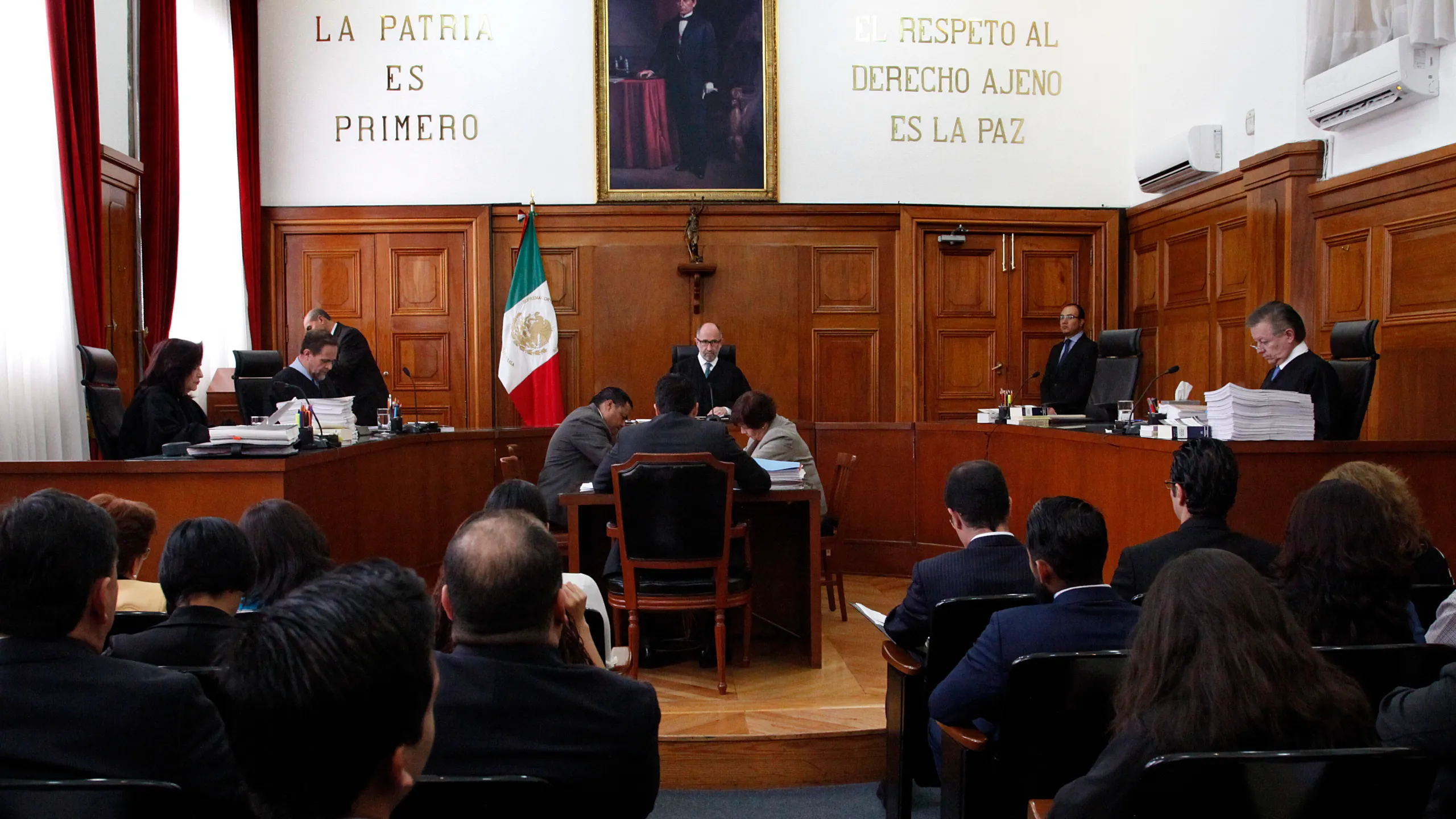Mexico’s Supreme Court has faced significant upheaval following judicial reforms that enable citizens to elect judges at all levels. This development makes Mexico the only country globally to adopt such a system, and it has provoked opposition from various sectors, including street protests and international concerns, especially from the United States and Canada.
Eight out of the eleven Supreme Court judges, including Chief Justice Norma Pina, submitted their resignations in response, with one taking effect in November and the others in August next year. They stated they would not stand for re-election in June 2025, reflecting the broader discomfort within the judiciary over the controversial reform.
The Supreme Court is now positioned to assess a proposal to invalidate these judicial elections. However, President Claudia Sheinbaum has openly challenged the Court’s jurisdiction to overturn the reform, arguing that it lacks the authority to undo legislation passed by Congress.

Mexican Judicial Reform Sparks Supreme Court Resignations, Raising Concerns Over Independence and Political Influence
She emphasized that the reform reflects the will of the Mexican people, suggesting that any reversal would undermine public interests. This tension has underscored an ongoing power struggle between the executive and the judiciary, highlighting deep-seated concerns over judicial independence and the separation of powers.
President Sheinbaum also hinted that the judges’ motivations for resigning might be driven by financial incentives rather than ideological opposition. She claimed that the timing of their resignations would ensure they receive full retirement benefits, which would be jeopardized if they continued to serve past the reform’s implementation.
This assertion has added another layer of complexity to the dispute, casting doubt on the judges’ integrity and raising questions about the influence of personal benefits on judicial decision-making.
The reforms were initially introduced by former President Andrés Manuel López Obrador as a means to address alleged corruption within the judiciary, which he argued served the political and economic elite rather than ordinary Mexicans.
López Obrador’s administration criticized the judiciary as a “rotten” institution that obstructed his policies, especially in areas related to energy reform and security. His rationale for the reforms focused on reducing elitist control, but critics argue that electing judges may expose them to political and cartel influences, which could compromise judicial impartiality.
Internationally, the reforms have sparked concerns, especially with economic allies such as the United States and Canada, who fear that judicial elections could erode investor confidence in Mexico’s legal system.
The U.S. warned that investor trust, crucial to the North American economic partnership, might weaken if judicial independence is perceived as compromised. Additionally, protests within Mexico, including those by judicial workers and reform opponents, reflect widespread anxieties about the potential politicization of the judiciary and the impact on the rule of law in the country.











































